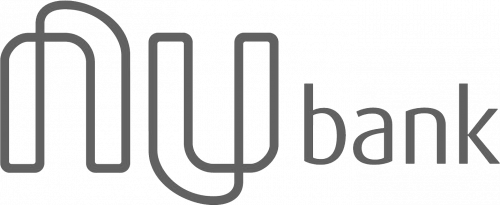Today, technological advances and the exponential generation of public data present an opportunity for companies. These data allow us to develop value strategies based not only on empirical knowledge but also on the analysis of information that allows us to see how a social phenomenon was, develops, and evolves. Beyond the debate on data privacy, what big data use tells us is that any public information is valuable.
THE USE OF BIG DATA
Structuring and analyzing large amounts of data allows us to apply techniques that will help us optimize information to get the real value of data, both in the past and in real-time. That is, to know, for example, what is being talked about, what is being searched for, in which communities and between whom there are interactions so that we can, with machine learning tools, develop algorithms that help us predict how certain variables will evolve in the future, that way we can obtain a roadmap that will lead us to make better decisions and take strategic business actions.
Good practices:
The fintech founded in Brazil in 2013 uses big data analytics, both to make important business decisions and to base interaction with customers. This analysis allows, according to the company, to define the credit limit for each client.
In this sense, the startup considered the seventh most valuable in the world for its market value, has established the data prediction model as a governance policy, and not only as lateral support.
In order to make the process of identification, studies, and extraction much more efficient, the Brazilian oil firm has implemented a system of mining, structuring, and analysis of large amounts of data in its planning.
Through the Sas Analytics software, Petrobras has relied on the processing of large volumes of data to take on the challenge of “analyzing rocks between 5 and 150 million years old and making more efficient decisions”.
In search of the food of the future, the Peruvian food company, with operations in Argentina, Brazil, Bolivia, Chile, Colombia, Ecuador, Honduras, Mexico, and Uruguay, partnered with UTEC Ventures to create a program to boost the research for healthier food in Latin America.
This effort aims to achieve food security in the future with challenges such as climate change and scarcity of supplies. For this, they use tools of Artificial Intelligence, Machine Learning, big data structuring and analysis, and the internet of things.
Download the report
ONE
Leading Beyond the Business
This concept expresses a version of the top executives of companies that function as key ambassadors…
TWO
Automating the generation
of value
Without a doubt, the COVID-19 pandemic has had major impacts not only on health, but has accelerated…
THREE
Establishing prediction
models
Beyond the debate on data privacy, what big data use tells us is that any public information…
FOUR
Brands with purpose
The new reality of the business world has accelerated the internalization of a concept that has acquired great importance today: the best…
FIVE
Magnetism with talent
Talent is a continually evolving point of discussion. In parallel with social demands, recruitment, retention…
SIX
Those who doubled the bet
The COVID-19 in Latin America has particular characteristics common among the countries of the region…
SEVEN
Expanding networks
Interest groups refer to groups of people who are affected by a company’s operations and performance…
2.
THE MULTILATINA BRAND: A MARKET OF OPPORTUNITIES
In addition to the challenges and trends that multilatinas have, which only differ from global companies because of…
3.
CONCLUSIONS
After analyzing multilatinas and their business performance from a glocal perspective, starting from global trends to…






